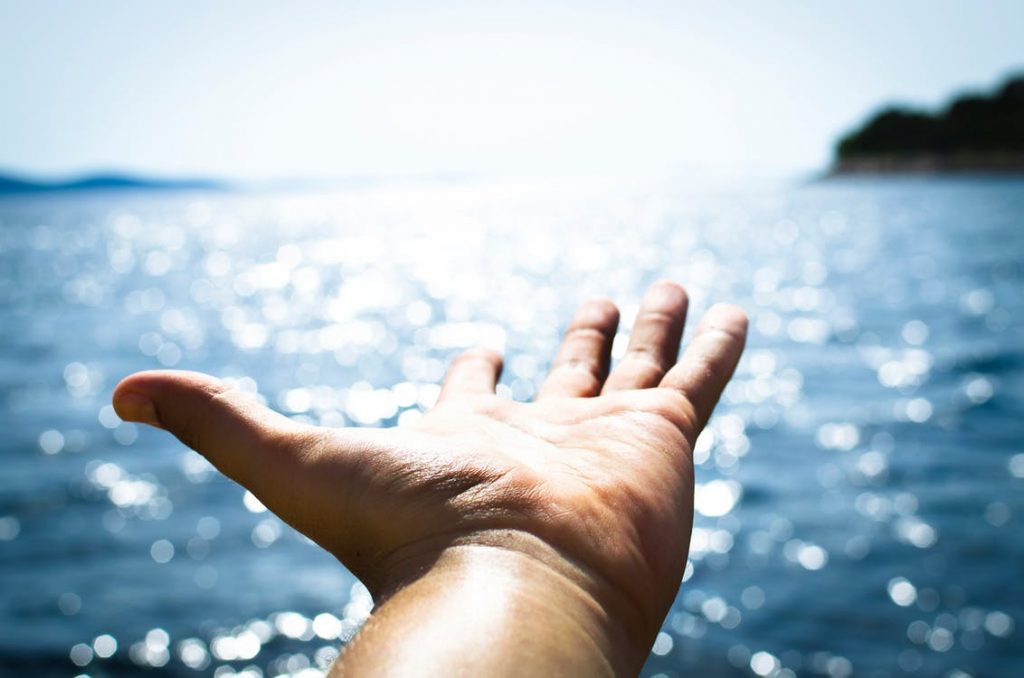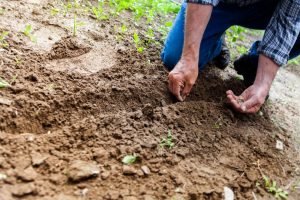We know the benefits handwashing has when it comes to protecting us from disease. But can cleaning our hands be connected with cleaning our minds?
Two researchers from the University of Toronto conducted four experiments and found a connection with cleaning one’s hands and a shift in goal pursuit.
Ping Dong, one of the researchers, explains, “People have multiple goals to pursue in their life and sometimes some of the goals may be fruitless. But people often feel it’s hard to give up old goals and pick up new goals so maybe physical cleansing can help people shift their goal pursuits effectively.” In other words, when people have a nagging goal they feel they just can’t let go, the best way to wash their hands of the problem may just be . . . washing their hands.
In the study, groups of undergraduate students were primed to bring their attention to particular goals; those groups were divided into two categories, one of which used a hand wipe. Those who used the hand wipe were found to find more importance in any goals primed following the hand cleansing process, as opposed to the goals brought up before the cleansing.
The mental process here illustrates that physical cleansing functions in a realm of psychological separation. Simone Schnall of Cambridge University says, “It’s important in the sense that it shows that physical cleansing can serve as a ‘psychological reset button,’ as it were, that operates on a very general level.”
The next time you wash your hands, take note of how it changes your frame of mind, and maybe even your to-do list.
Sources:
https://www.pexels.com/photo/adult-background-beach-blue-296282/


